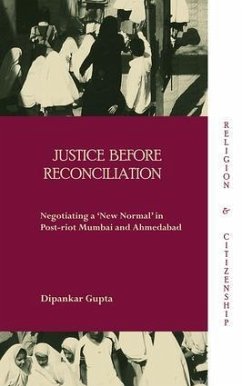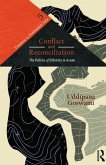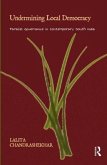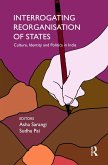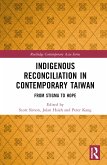The book explores how Muslims in Mumbai and Ahmedabad coped with the aftermath of the violence directed against them in 1993 and 2002 respectively, and how they responded to the ethnic carnages of which they were the victims, highlighting the importance of the context and the history of the place where such violence occurred. Unlike other studies on ethnic violence which have a short-term focus, in dealing with its immediate aftermath, this book examines what happens to the victims over time and how they negotiate a new normal and get on with their lives. Using empirical material based on field work in Mumbai and Ahmedabad, the book shows that while poverty, education and employment remain important elements in the recovery process, the most crucial issue is that of justice and the need to reclaim citizenship. A significant section of the book is devoted to the relationship between Muslim faith-based organisations and the victims of ethnic violence.

